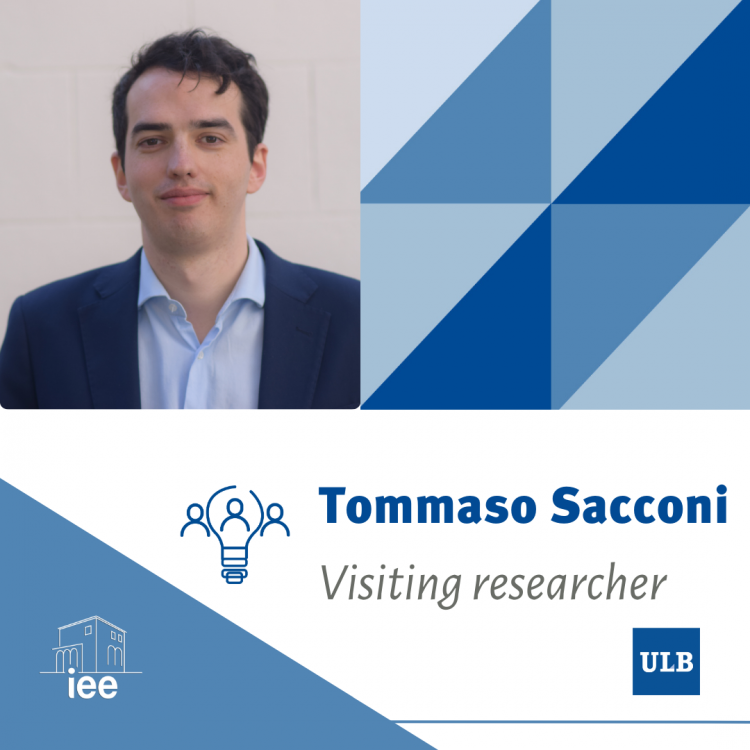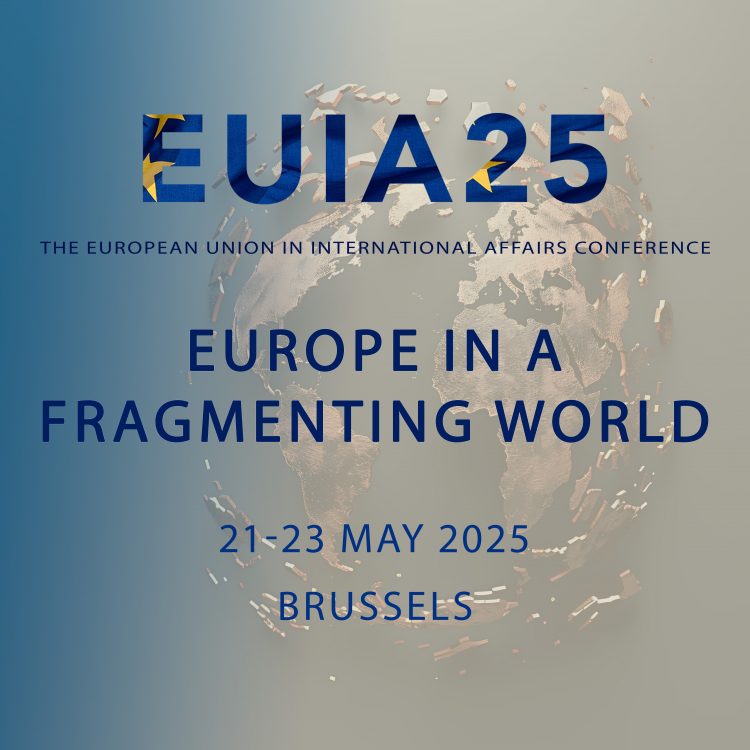Post-doctoral fellowship on political narratives and EU legitimization,
Brussels, 2 years (10/2023 – 9/2025)
This is a call for applications for a full-time post-doctoral fellowship for two years (one year renewable once) in European studies and political science, based at the Université libre de Bruxelles (Centre d’étude de la vie politique-CEVIPOL / Institut d’études européennes -IEE). The researcher will work on a project funded by the Belgian scientific agency (FNRS), under the supervision of the principal investigator François Foret. Prospective candidates are invited to submit their application before the 22nd of June 2023, for an expected start at the beginning of October 2023.
Presentation of the project
“The legitimization of the European Union. New narratives, old stories?” (EWOLution)
The European Union (EU) is increasingly confronted to the conflictualization of identities and values as means or ends of the political debate. Much research has been done on the effects of this trend in European politics, but far less on how the European institutions, policies and polity are dealing with it. The approach in terms of political narratives is a way to bridge the gap.
The advocacy for the “European way of life” (EWOL) by the Commission since 2019 is the most recent attempt to build a communicative and policy narrative referring – supposedly – to a common popular culture to counter populist instrumentalizations of identities. This EWOL tale needs to be compared to other past and ongoing European narratives to understand the dynamics of EU legitimization.
EWOLution will study the genesis of European narratives; their circulation and re-interpretations across national, institutional and policy boundaries; their combination, interaction and competition ; and their reception by civil society and citizens.
Organization of the work and missions
EWOLution is organized in three work packages (WPs). WP1 deals with the theory and method; WP2 and WP3 with case studies in terms of narratives (e.g., on way of life, sovereignty, rule of law, borders; or policy domains, e.g., political communication; university and research; digital issues; defence). The specific missions of the post-doctoral researcher (PDR) will be precised according to his/her profile and the distribution of tasks within the research team.
The PDR is expected to contribute to various extents to all WPs. Tasks will be, among others: state of the art of the debates about European legitimization, political communication and identity politics, political interactions between national and European levels of governance; process tracing, discourse and content analysis; interviews with civil servants, politicians, experts and members of civil society; management of online surveys; supervision of parliamentary debates and qualitative case studies. The PDR will co-sign publications in international peer-reviewed journals and books. Teaching on related topics, management and communication are also part of the duties.
Work environment
The research will be developed at the Centre d’étude de la vie politique-CEVIPOL, a research unit specialized in political sociology and comparative politics, and at the Institut d’études européennes, one of the oldest Jean Monnet Centers of Excellence in Europe. It will rely on a supportive interdisciplinary environment of political scientists, internationalists, sociologists, lawyers and historians working on legitimization of political orders; identity and memory politics; Europe as a community of norms and values. The project is inscribed in a dynamic international network of collaborations with other top universities in Europe (e.g., Sciences Po Paris, EUI, Oxford, Cambridge), US and Japan. Travels and short research stays may be included in the activities.
The PDR will have an office and relevant administrative resources at the ULB.
Conditions
Living in Brussels is required for the duration of the term of office. According to FNRS rules, the applicant must have:
– received his/her Ph.D within the last eight years
– spent no more than 24 months in Belgium in the last 36 months
– the legal capacity to work in the EU
The net monthly salary will be around 2800 euros plus social security.
The Université libre de Bruxelles (ULB) is an equal opportunity employer.
Your Profile:
- Ph.D. in political science or related field (international relations, sociology…) with – ideally –a focus on relevant topics: political legitimization; identity, values and/or cultural aspects of European integration; European policies related to citizenship, culture, rule of law; empirical case studies: e.g., political communication; university and research; digital issues; defence)
- Strong record in qualitative research and fieldwork (interviews, observation, documentary analysis…). Quantitative skills are an extra asset.
- Experience of working in an international environment
- Very good command of English and preferably French. Other languages are an asset.
- Ability to work in a team and to meet deadlines
- experience in teaching welcome
How to apply
The candidate will be selected on the basis of his/her CV, research achievements, motivation and congruence with the project.
The following application documents must be sent into a single PDF file to:
Prof. François Foret (francois.foret@ulb.be)
- a one-page motivation letter explaining the candidate’s interest in collaborating to the project
- a curriculum vitae listing all academic qualifications, relevant research and teaching experience and previous publications
- name and e-mail of three referees that may be contacted if necessary
- a copy of the passport/ID, PhD and master diploma
Applications are welcome till the 22nd of June 2023. Candidates are strongly encouraged to submit as early as possible. Interviews will be organized in-person or online in the first week of July 2023. The contract is expected to start at the beginning of October 2023.
Photo de Siora Photography sur Unsplash




